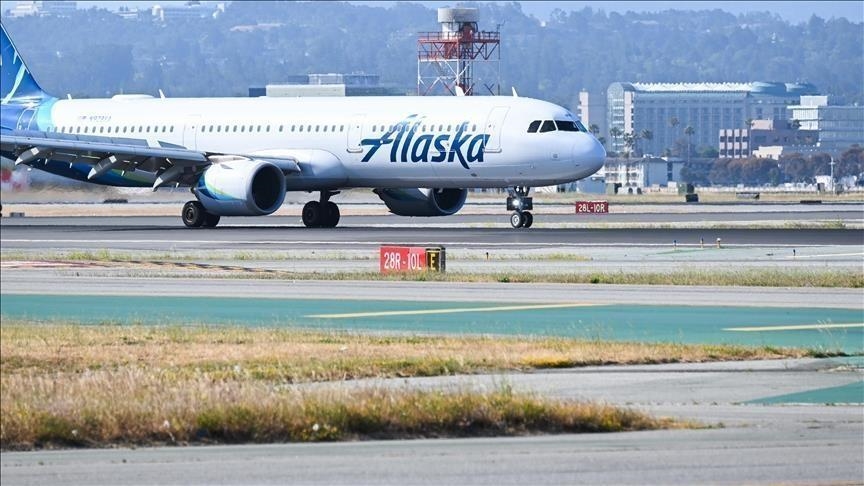Now Reading: US Defence Secretary Hegseth Affirms Indo-Pacific Commitment: ‘We’re Here to Stay’
-
01
US Defence Secretary Hegseth Affirms Indo-Pacific Commitment: ‘We’re Here to Stay’
US Defence Secretary Hegseth Affirms Indo-Pacific Commitment: ‘We’re Here to Stay’

In a clear signal of Washington’s long-term strategic interest in the Indo-Pacific region, US Defence Secretary Pete Hegseth reiterated America’s commitment with a firm declaration: “We’re here to stay.” Speaking at a regional defence dialogue, Hegseth highlighted cooperation with India and other partners to ensure peace, stability, and freedom of navigation, amid increasing geopolitical tensions and military assertiveness in the region.
Indo-Pacific: A Strategic Hotspot
The Indo-Pacific has emerged as a focal point in global geopolitics, with growing interest from major powers. From maritime trade routes to regional security alliances, the region’s importance has increased significantly in recent years.
Hegseth’s remarks come against the backdrop of rising concerns over China’s military posturing and assertive behaviour in the South China Sea and the Taiwan Strait, which have drawn scrutiny from regional democracies and global stakeholders alike.
Strengthening Indo-US Defence Ties
India remains a critical partner in the US’s Indo-Pacific vision. Over the past decade, both countries have deepened military cooperation through joint exercises, technology transfers, and dialogue platforms like the Quad.
The US Secretary acknowledged India’s role as a stabilising force in the region and reiterated support for New Delhi’s security and economic ambitions. Defence ties are also being expanded into Tier 2 cities in India, with upcoming joint training facilities and defence tech collaborations proposed in states like Tamil Nadu and Uttar Pradesh.
Focus on Regional Partnerships
Hegseth emphasised the importance of alliances with countries such as Japan, Australia, the Philippines, and India. These partnerships are being built not just on shared strategic goals but also on economic and technological cooperation.
He stated that the Indo-Pacific is not merely about deterrence but about building a framework of trust, transparency, and long-term peace—especially in regions vulnerable to military coercion or grey-zone threats.
Indian Perspective on Strategic Stability
India’s defence experts have cautiously welcomed Hegseth’s message. They note that while words offer reassurance, sustained engagement and equal partnerships are key to ensuring India’s long-term strategic interests.
Tier 2 cities like Visakhapatnam, Pune, and Coimbatore are increasingly being eyed for defence-related investments and skill development programmes. This decentralisation ensures that strategic engagement also creates local employment and technological growth.
Balancing Deterrence and Diplomacy
While military cooperation remains central, both sides stress the need for diplomacy and dialogue. Experts highlight the importance of India maintaining strategic autonomy while engaging in partnerships that enhance its capabilities without compromising independence.
Observers also warn against overly militarising the Indo-Pacific narrative, urging continued focus on development, climate cooperation, and people-to-people ties.
Conclusion
Defence Secretary Hegseth’s statement reinforces the US’s long-term presence and interest in the Indo-Pacific, with India seen as a core partner in shaping the region’s future. As geopolitical dynamics evolve, Tier 2 Indian cities could play a growing role in defence collaboration and innovation. The challenge ahead lies in balancing strategic assertiveness with inclusive development, diplomacy, and regional cooperation.

























